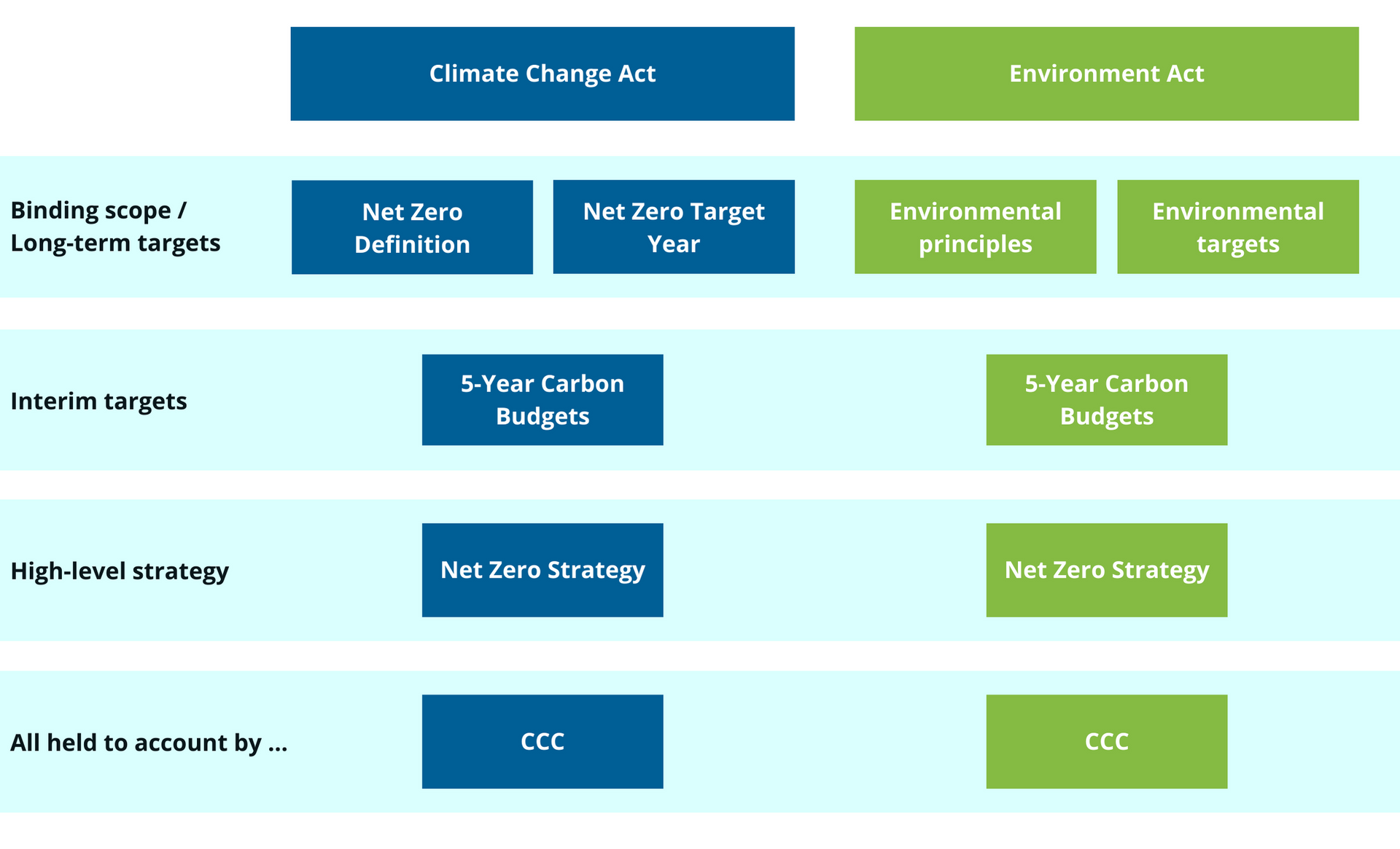Edward Lockhart-Mummery
Convenor
Broadway Initiative
.


But there is more to do. Our focus now is:
Key people

Edward Lockhart-Mummery
Convenor
Broadway Initiative

Matthew Farrow
Chief Operating Officer
Broadway Initiative
Key publications
Government’s central role is to create the conditions for society to meet needs and aspirations in a way that achieves a healthy environment. Policies need to be:
Clear on who is responsible for what
so people can start to think for themselves about how to solve problems
Outcome focussed and technology neutral
so people can innovate and find the best solutions for their circumstances
Responsive to changing circumstances
so we can adapt as the environment, society and the economy, or understanding of them, changes
Incentivising
so it is simpler, quicker and cheaper to be environmentally friendly and hard and costly to fail
User centric
so policies are proportionate and designed for users rather than having separate administrative regimes for each element of the environment
Credible, fair and robust
so everyone is confident that rules will be enforced and no one can profit from degrading the environment
Internationally aligned
so they enable UK businesses to trade with the world and access markets for UK solutions
Evidence based
so decisions are taken in full knowledge of the facts, aiming to avoid predictable or unintended consequences
Copyright © 2023 Broadway Initiative All Rights Reserved.